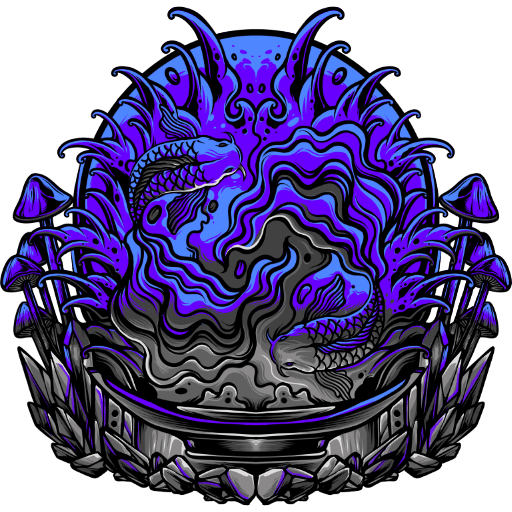Sorry if these links have been posted before but the first one has a wonderful spread of quotes about our practice.
From academia
From Upaya
Of course it is all here too!
Gassho
Heisoku.
From academia
From Upaya
Of course it is all here too!
Gassho
Heisoku.



 ) than Okumura's positive comment on 'thinking of not thinking being like a car engine idling'
) than Okumura's positive comment on 'thinking of not thinking being like a car engine idling'

Comment